TTAC News Round-up: Volkswagen Sees a Savior, Goodyear Dreams of Spheres, and Toyota Shakes It Up

An American man will soon enjoy the task of making people love his controversial company again.
That, Goodyear’s been watching I, Robot, Toyota shatters its corporate structure, sentiment grows for better braking, and the feds say the airbag recall has gone far enough … after the break!
Volkswagen hires (they hope) Mr. Fix-It
It’s a promotion, but the job description is a tall order.
Volkswagen of America has selected a new U.S. sales chief, Automotive News reports, and his task will be to reverse both a sales decline and negotiate the company’s ongoing diesel emissions scandal.
Ronald Stach was plucked from Volkswagen’s South Central Region, where he served as director, and has been with the company for a decade.
It’s safe to say Stach will be attending some very long strategy meetings in the near future. Volkswagen sales in the U.S. fell a further 13 percent in February.
Goodyear gazes into the future
Your future car tire might be a round ball that isn’t attached to your car, Goodyear envisions.
The tire maker unveiled its spherical Eagle-360 concept tire this week, designed to cushion future autonomous vehicles while suspending the body of the car via magnetic levitation technology.
Each tire would propel itself via an electric motor, while the 3D printed rubber would contain all the needed tread variations to get your future ride through snow, rain, or apocalyptic battle between man and machines. Sensors would analyze the road surface ahead of the vehicle and pivot the wheel until the right tread design meets the road.
Judging by the attached video, parking might become so blissfully easy that we’ll all forget there still aren’t flying cars.
Toyota plays musical chairs
Toyota is busting up its corporate structure in a bid to stay on top, the Wall Street Journal reports.
Starting this April, the global sales leader will reorganize around different product classes to ensure an efficient, speedy development process.
Toyota sales have topped 10 million for the past two years. Given the size of its operation, a change was needed to keep things humming along.
The move comes just three years after Toyota’s last big shakeup, when it adopted a regional-based structure in 2013.
Putting the brakes on
Automakers are being cagey with promises to install automatic braking systems in their new vehicles, Newsday opines, and it might mean the time has come for the feds to intervene.
The call for government intervention comes after an Associated Press story detailed the many concessions being sought by automakers in talks with the National Highway Traffic Safety Administration.
The concessions include exempting five percent of the vehicle fleet from having to install the technology, and allowing the technology to reduce the vehicle’s forward speed by just five miles per hour in the event of an incident that triggers it.
Most automakers already have the technology, and studies show that it works well in reducing injuries and deaths. Should automatic braking become the new seat belts?
Bigger airbag recall won’t help
The National Highway Traffic Safety Administration is pouring cold water on a U.S. senator’s call for a wider Takata airbag recall, says Automotive News.
Democrat Bill Nelson of Florida wants every suspect airbag recalled, even if they haven’t yet been deemed unsafe. The NHTSA said that doing so would only complicate the recall of airbags already known to be unsafe, and wouldn’t help public safety.
A total of 29 million Takata airbags have already been recalled due to the risk of explosion, with a further 70 to 90 million units suspected of being unsafe.
[Image: 2016 Volkswagen Passat, © 2015 Mark Stevenson/The Truth About Cars]

More by Steph Willems
Latest Car Reviews
Read moreLatest Product Reviews
Read moreRecent Comments
- Theflyersfan OK, I'm going to stretch the words "positive change" to the breaking point here, but there might be some positive change going on with the beaver grille here. This picture was at Car and Driver. You'll notice that the grille now dives into a larger lower air intake instead of really standing out in a sea of plastic. In darker colors like this blue, it somewhat conceals the absolute obscene amount of real estate this unneeded monstrosity of a failed styling attempt takes up. The Euro front plate might be hiding some sins as well. You be the judge.
- Theflyersfan I know given the body style they'll sell dozens, but for those of us who grew up wanting a nice Prelude Si with 4WS but our student budgets said no way, it'd be interesting to see if Honda can persuade GenX-ers to open their wallets for one. Civic Type-R powertrain in a coupe body style? Mild hybrid if they have to? The holy grail will still be if Honda gives the ultimate middle finger towards all things EV and hybrid, hides a few engineers in the basement away from spy cameras and leaks, comes up with a limited run of 9,000 rpm engines and gives us the last gasp of the S2000 once again. A send off to remind us of when once they screamed before everything sounds like a whirring appliance.
- Jeff Nice concept car. One can only dream.
- Funky D The problem is not exclusively the cost of the vehicle. The problem is that there are too few use cases for BEVs that couldn't be done by a plug-in hybrid, with the latter having the ability to do long-range trips without requiring lengthy recharging and being better able to function in really cold climates.In our particular case, a plug-in hybrid would run in all electric mode for the vast majority of the miles we would drive on a regular basis. It would also charge faster and the battery replacement should be less expensive than its BEV counterpart.So the answer for me is a polite, but firm NO.
- 3SpeedAutomatic 2012 Ford Escape V6 FWD at 147k miles:Just went thru a heavy maintenance cycle: full brake job with rotors and drums, replace top & bottom radiator hoses, radiator flush, transmission flush, replace valve cover gaskets (still leaks oil, but not as bad as before), & fan belt. Also, #4 fuel injector locked up. About $4.5k spread over 19 months. Sole means of transportation, so don't mind spending the money for reliability. Was going to replace prior to the above maintenance cycle, but COVID screwed up the market ( $4k markup over sticker including $400 for nitrogen in the tires), so bit the bullet. Now serious about replacing, but waiting for used and/or new car prices to fall a bit more. Have my eye on a particular SUV. Last I checked, had a $2.5k discount with great interest rate (better than my CU) for financing. Will keep on driving Escape as long as A/C works. 🚗🚗🚗



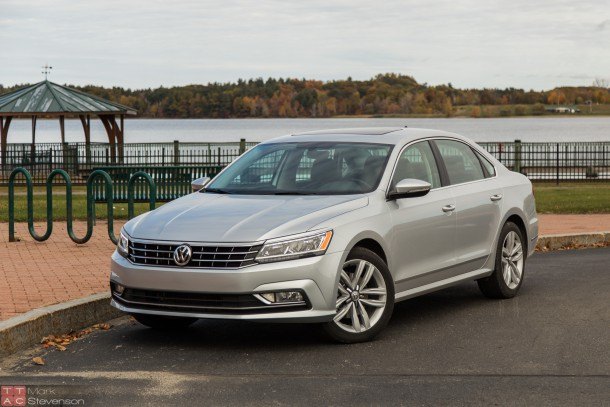

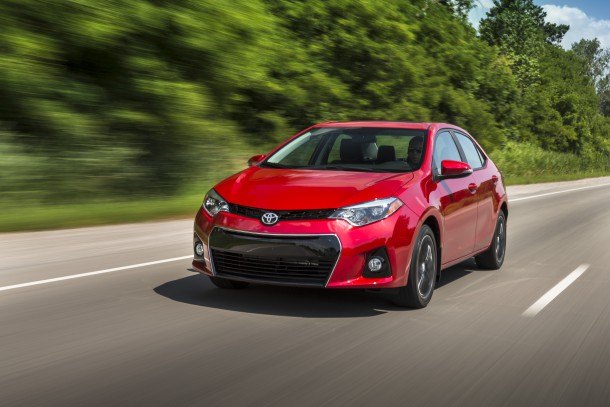
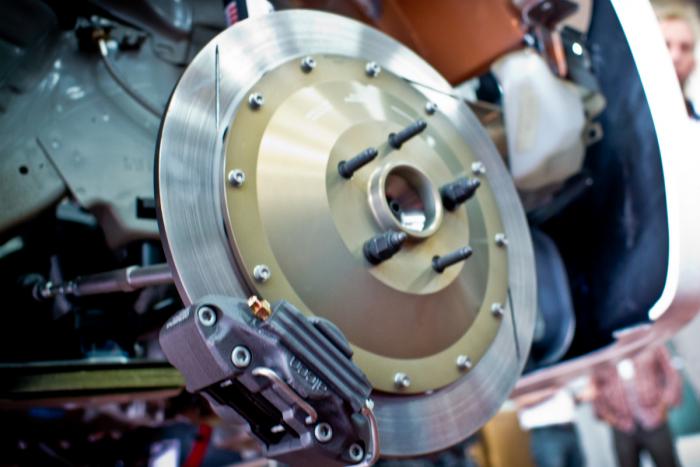



















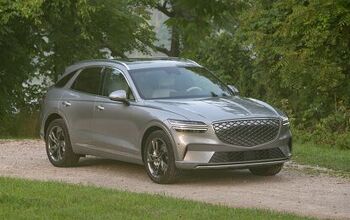









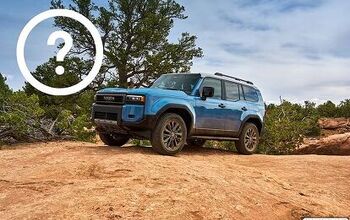

Comments
Join the conversation
"Goodyear Dreams of Spheres" Darn! I thought this was going to be an article about Citroens.
Requiring automatic braking systems on new cars makes me nervous. My 2013 Accord has the warning that buzzes if the car thinks you are about to hit something. Many false positives, especially when you are going into a shaded valley, which it interprets as another vehicle. My concern is that if the car braked based on this data, I would get rear-ended by the car behind me, driven by someone who would be wondering why I braked for no reason.